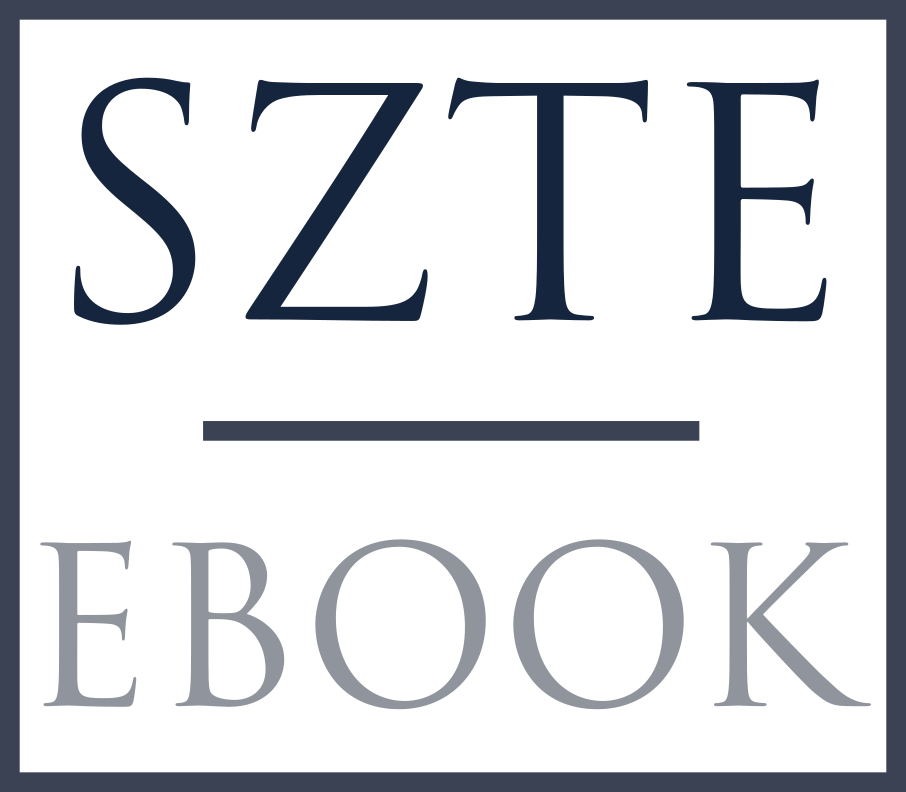A Volga–Káma-vidék nyelveinek múltidő-rendszere és morfológiai evidencialitás hiánya a mordvinban
Synopsis
The paper discusses the past tense system in the languages of the Volga–Kama linguistic area as well as the lack of morphological evidentiality in Mordva. The Volga–Kama linguistic area comprises Finno-Ugric (Udmurt, Mari, Komi, Mordva) and Turkic (Tatar, Chuvash, Bashkir) languages. The languages in the area, with the exception of Mordva, morphosyntactically mark indirect evidentiality through their past tense systems – this leads to at least two synthetic past tenses in their past tense system. Furthermore, the languages maintain a complex system of compound past tenses incorporating evidential and aspectual meanings. Mordva is an exception again as it does not have any compound past tenses. There are three basic patterns for the development of past tenses in the Volga–Kama area (excluding the generic past tenses that have a well-defined morpho-logical marker, and can be considered primary from a diachronic point of view): i) Predicative use of non-finite forms; ii) The combination of finite verb forms and past tense form(s) of the ‘be’ verb; iii) The combination of non-finite verb forms and the past or present tense form(s) of the ‘be’ verb. Considering the lack of grammatical evi-dentiality in Mordva, it can be established that the potential source of morphological marking of indirect evidentiality in the area is a past tense with a perfect or resultative meaning. Even though Mordva has a synthetic past tense that has structurally the same origin as other past tenses in the area, it is a habitual past tense and not a perfect one. Another potential source for evidentials in the area is the predicative use of non-finite forms – in the case of Mordva, the perfect participle has a predicative use with a passive meaning with transitive verbs, but no evidential functions have been mentioned in the literature.


